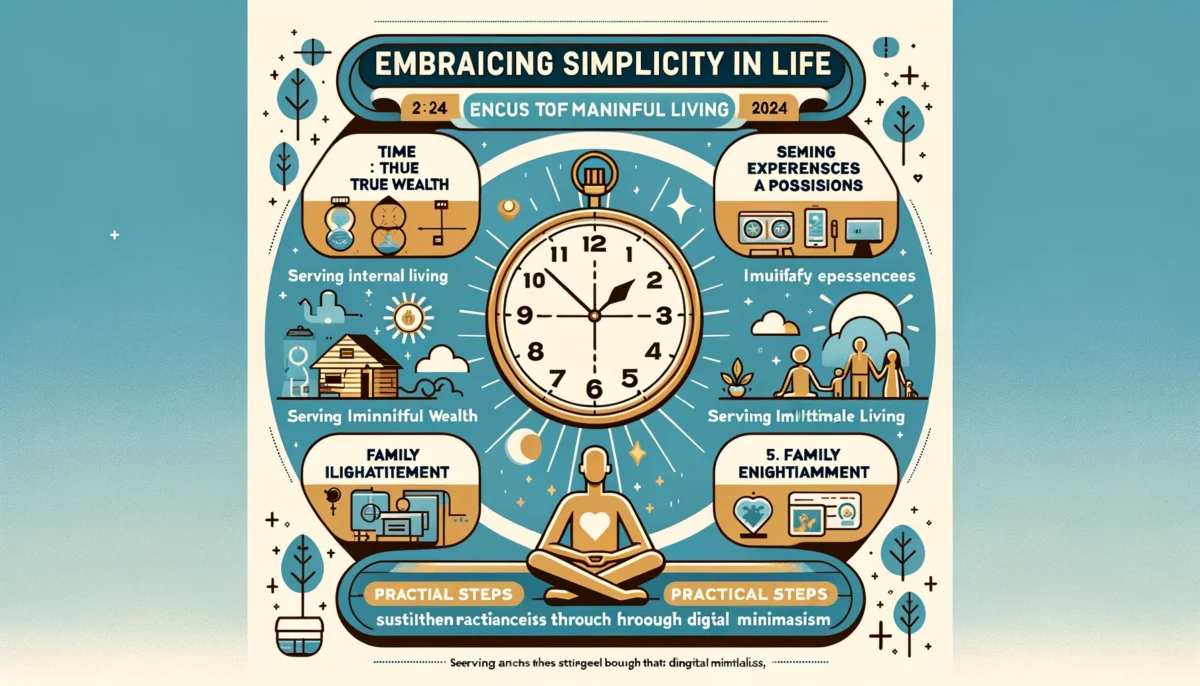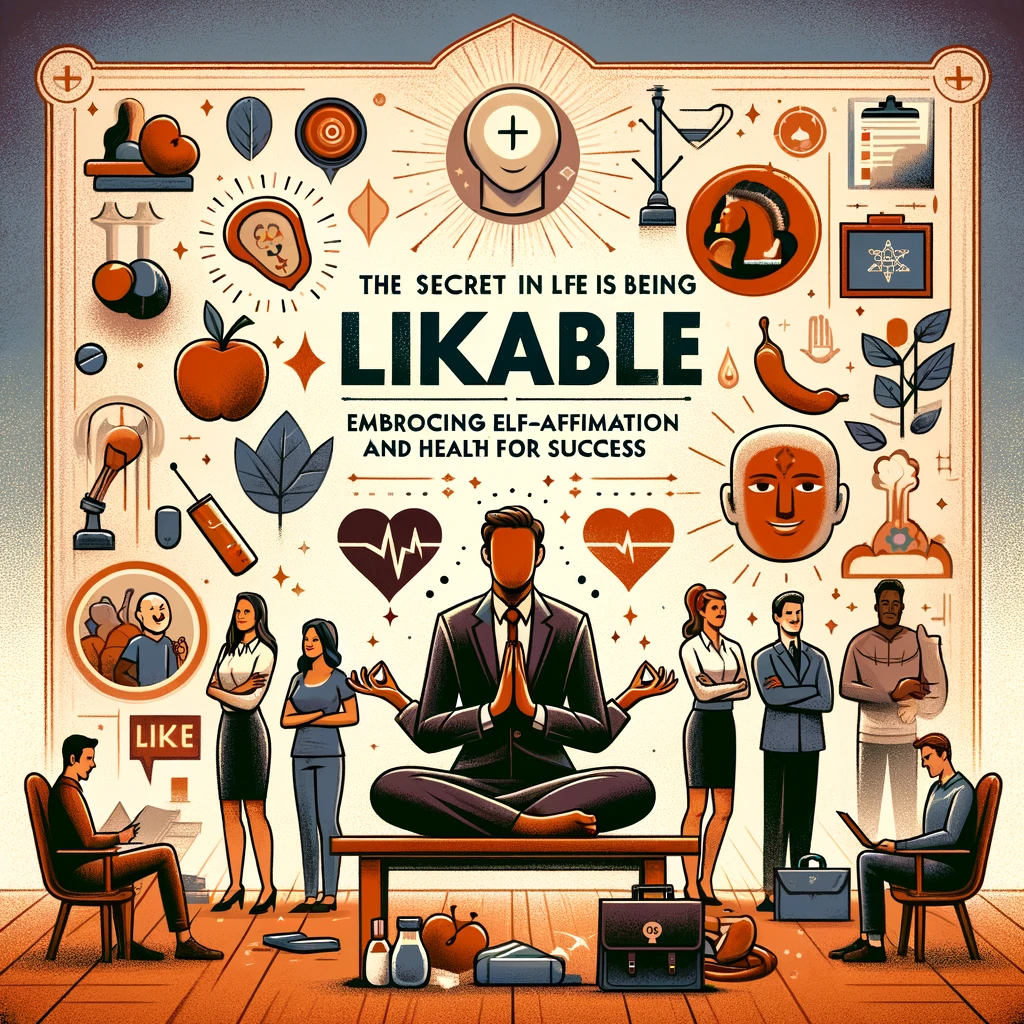In the journey of life, the axiom “you have to seed to sow” serves as a profound metaphor for personal development and growth. This phrase encapsulates the essence of transformation, emphasizing that before we can reap the benefits of our labors, we must first undergo the process of planting, nurturing, and enduring the challenges that come with growth. It draws a parallel to the natural world, where a seed must be buried in the soil, endure darkness, and break open to sprout and reach towards the sunlight. Similarly, human growth is often predicated on our ability to endure pain and challenges, which ultimately lead to our rebirth and development.
The Necessity of Pain in Growth
Pain, both physical and emotional, is an inevitable part of the human experience. It is often perceived negatively, as something to be avoided at all costs. However, when viewed through the lens of growth, pain transforms into a necessary precursor to development. Just as a seed must endure the pressure of the soil and break open to grow, individuals must go through difficulties and challenges to evolve. These experiences, though painful, are essential for shedding old patterns, beliefs, and aspects of our identity that no longer serve us.
The Process of Being “Born” Again
The concept of being “born” into a new phase of existence through pain is not just a metaphorical one. It mirrors the literal process of birth, where both the mother and child undergo intense pain and stress for the miracle of life to take place. This process of birth and rebirth is repeated throughout our lives in various forms, whether it’s transitioning to a new career, moving through the end of a relationship, or embarking on a journey of self-discovery. Each of these transitions involves a form of “death” of the old self and a “birth” of the new.
The Role of Resilience and Perseverance
The journey from seed to sown is not a passive one. It requires resilience, perseverance, and an active engagement with our pain and challenges. Just as a gardener tends to their seeds with care, ensuring they have enough water, sunlight, and nutrients, individuals must nurture their growth with patience, self-care, and determination. This active engagement with our growth process allows us to transform our pain into lessons, strength, and eventually, wisdom.
Embracing Pain as a Teacher
Pain, in its many forms, is one of life’s most powerful teachers. It pushes us out of our comfort zones, forces us to confront our vulnerabilities, and teaches us about our strengths and limitations. By embracing pain as an integral part of the growth process, we learn to approach life with a sense of openness and curiosity. We begin to see challenges not as obstacles but as opportunities for growth, learning, and self-discovery.
Conclusion
The phrase “you have to seed to sow” serves as a powerful reminder of the natural cycle of growth and rebirth that is inherent in the human experience. It teaches us that pain and challenges are not merely obstacles to be feared or avoided but are essential components of the process that leads to personal development and transformation. By embracing these experiences with resilience, perseverance, and a willingness to learn, we can navigate the journey of life with greater wisdom, strength, and grace, ultimately reaping the rich harvest that our efforts sow.













